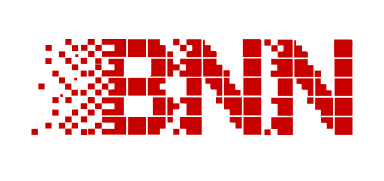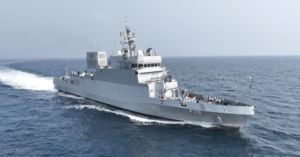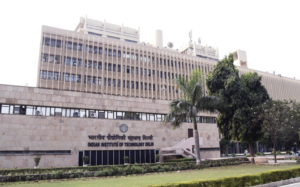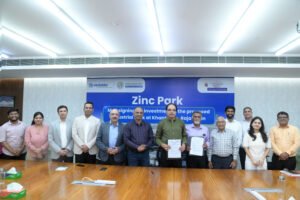Greater Noida(National Desk): Fueling Friction As the Russia-Ukraine war drags on, Western nations—supported by the North Atlantic Treaty Organization (NATO)—continue to tighten economic sanctions on Moscow. Central to their strategy is limiting Russia’s oil revenues, which remain a critical lifeline for its war effort. However, India, a strategic partner to many Western nations, has emerged as one of the largest buyers of discounted Russian crude—much to the frustration of Washington and Brussels.
NATO’s Warning and Its Limited Leverage
In a significant departure from its traditional military focus, NATO’s Secretary-General Mark Rutte recently warned India, along with countries like Brazil and China, to align with Western sanctions on Russia. Rutte even spoke of imposing “100% secondary sanctions”—essentially tariffs and financial restrictions—against countries continuing substantial trade with Russia. While echoed by the U.S. policymakers, such threats raise an important question: Can NATO, a military alliance, dictates India’s energy policy?
The answer is more complex than a simple yes or no. The answer lies in a mix of geopolitics, economics and India’s fierce commitment to strategic autonomy.
NATO’s authority lies in collective defense. It has no legal or institutional mandate to enforce trade sanctions globally. Economic measures such as secondary sanctions are implemented by national governments, primarily the United States and European Union and not by NATO itself. Thus, while NATO can amplify pressure diplomatically, its ability to directly coerce India remains non-existent.
India’s Energy Strategy: A Calculated Choice
India’s reliance on Russian oil is grounded in both economics and strategic autonomy. Before the Ukraine conflict erupted in 2022, Russia accounted for just 2% of India’s crude imports. However, as Western sanctions isolated Moscow, Russia began offering significant discounts on its oil. Indian refiners, focused on cost efficiency, capitalized on the opportunity. By 2024-25, Russian oil constituted approximately 35% of India’s total crude imports, valued at over $50 billion.
Union Petroleum Minister Hardeep Singh Puri has consistently emphasized that this shift stabilized India’s domestic fuel prices and protected the economy from global volatility. Analysts estimate that without discounted Russian oil, crude prices could have surged past $130 per barrel, exacerbating inflation in a country where fuel costs directly impact food prices, transportation and economic growth.
New Delhi maintains that its trade with Russia is legitimate under international law. Unlike NATO member-states, India has imposed no sanctions on Moscow and continues to advocate for a diplomatic resolution to the conflict.

Economic Alternatives, But At a Price
If compelled to reduce Russian oil imports, India could turn to suppliers like Iraq, Saudi Arabia and the UAE. However, alternative crude sources would likely be costlier, adding financial strain to an economy that imports over 88% of its oil needs. Global oil markets, already unstable, would also feel the ripple effects.
That said, India’s diversified energy portfolio provides a cushion. From just 27 supplier countries a few years ago, India now sources oil from over 40 nations, including the U.S., Canada and Brazil. Strategic reserves and robust refining capacities offer further flexibility, ensuring that even in worst-case scenarios; supplies can be managed—though at higher costs.
The Geopolitical Undercurrent
At its core, NATO’s recent pressure campaign is about isolating Russia diplomatically and economically. Encouraging India to cut oil imports serves this larger geopolitical objective. Rutte’s calls for India to pressurize Moscow, combined with reported tariff threats from Washington, reflect this strategy.
However, pushing too hard risks backfiring. India is viewed as a key counterbalance to China in the Indo-Pacific and a valued partner in security frameworks like the Quad. Excessive pressure over Russian oil could strain these partnerships, potentially nudging India towards alternative alliances, including BRICS, where Russia remains influential.
Ironically, even NATO members exhibit inconsistencies. Despite sharp reductions, European nations still import around 7% of their oil from Russia. Turkey, a NATO member, remains a major buyer. Critics have called out this double standard, questioning the moral authority behind NATO’s stance.
Sovereignty as India’s Red Line
India’s diplomatic response has been clear. Petroleum Minister Puri recently reaffirmed that India will “buy oil from wherever it needs to.” Ministry of External Affairs spokesperson Randhir Jaiswal termed securing affordable energy for 1.4 billion Indians as an “overriding priority,” warning against the West’s “double standards.”
For India, the debate is not about defiance, but sovereignty. Allowing external powers to dictate its energy choices would undermine the country’s strategic autonomy—a principle New Delhi has upheld since independence. Energy security, for India, is not just economic policy; it is national strategy.
Pragmatism Will Prevail
While NATO can advocate and its member-states can consider punitive measures, they cannot force India to abandon Russian oil. New Delhi’s energy strategy is anchored in pragmatism, economic self-interest and strategic autonomy.
As long as Russian crude serves India’s economic and security interests, purchases are likely to continue. External pressures will be managed through deft diplomacy and supply diversification, not submission.
In an era defined by shifting alliances and contested narratives, India’s stance mirrors the broader sentiment across the Global South: sovereign choices must serve national welfare, not external mandates.
About the Author
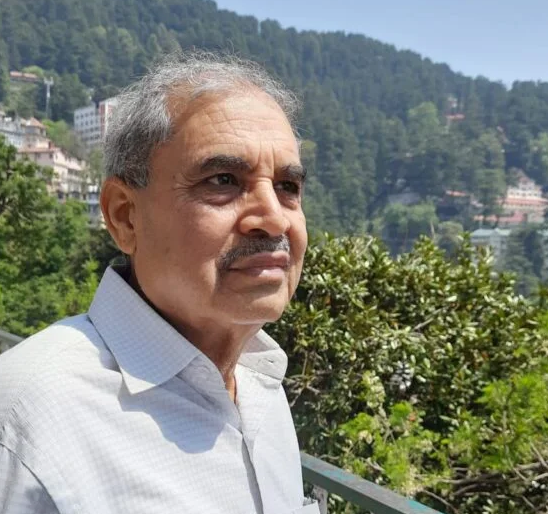
Mr. Hridaya Mohan (hridayamohan@yahoo.co.in) is a regular Columnist with a renowned Indian daily “The Hitavada”, “Bharat Neeti Media” and some other newspapers / magazines internationally. Superannuated as Executive Director, Steel Authority of India Ltd. (SAIL), he is Senior Adviser, Metallon Holdings Pvt. Ltd. presently. He headed SAIL office at Beijing as Chief Representative (China & Mongolia) for six years. He has published and presented seventeen papers globally. Recipient of “Sir M Visvesvaraya Gold Medal“for one of his papers, “Benchmarking of Maintenance Practices in Steel Industry” from The Institution of Engineers (India), he was awarded with “Scroll of Honour” for the excellent contributions to Engineering fraternity from IE(I), Bhilai, “Jawahar Award” for leadership excellence in SAIL and “Supply Chain Leader – 2017” award from IIMM.
